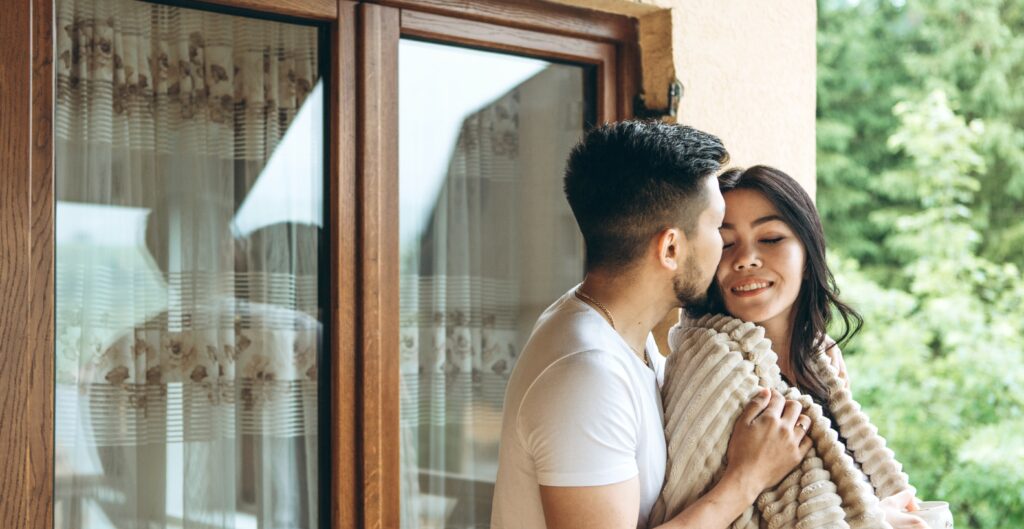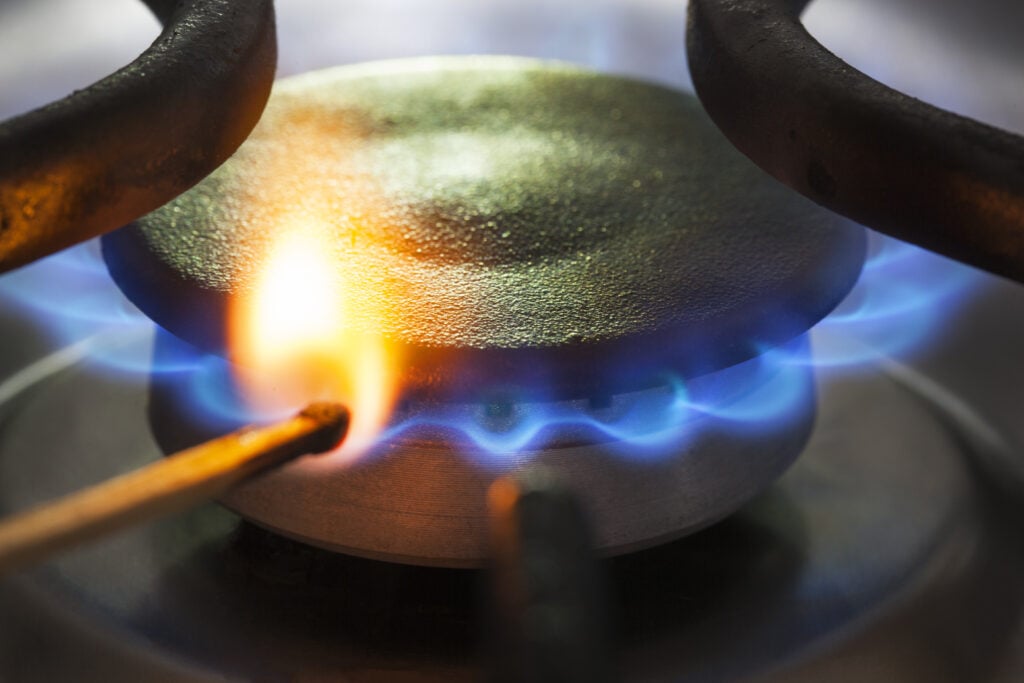How to start dating again
Reviewed by Stephanie Steinman, PhD, CSAC


When Amanda, a 50-year-old project manager from Philadelphia, got divorced after a five-year marriage, she wasted no time. “I jumped right back into dating because I hadn’t had sex in years and thought it would be a fun thing to do,” she says.


But after a while, Amanda realized she hadn’t really prepared for reentry into a more complex dating scene than she remembered. “After a few situationships, none of them particularly healthy, I realized the common denominator was me—and I had to do some work on myself,” she says. She decided to take a year off from dating.
In a 2020 survey, more than half of respondents (mostly women) said dating had gotten harder in the past decade.1 Reasons why included differences in political and religious views, economic hardship, and what respondents perceived as an increase in harassing behaviors and risks for women. Add the revolving door of dating apps—along with shifting perspectives on monogamy and sexuality—and your dating pool from back in the day might seem like it’s oceans away.
According to Lamont White, MA, also known as “the gay dating coach,” the dating landscape has changed. “It’s hella hard work to get back out into the dating scene when it comes to planning, spending money, and being creative,” he says. “The bar is really high.”
Dating again after a long break may seem intimidating, but knowing what to expect and preparing yourself can help make it much easier to dip your toes back in.
Common dating mistakes
The return to dating, whether in person or through dating apps, can leave you feeling fearful of rejection, says White. You might also have forgotten how to flex your dating muscles, which may lead to some of the common mistakes below.
While these mistakes can happen at any stage of dating, they pop up more often for people who aren’t quite ready to put themselves back out there. If that’s you, it’s okay—take the time you need to prepare before you make the leap.
Appearing emotionally unavailable
“One of my biggest problems is I was what I call ‘emotionally slutty,’” says Amanda. “I had to work on understanding why I was so quick to vomit my deepest traumas onto complete strangers on the first date.” She says this usually ended with her getting ghosted.
While on the surface it appeared Amanda was being vulnerable and open, her therapist helped her realize that she was actually pushing away potential partners to protect herself. “No healthy person is going to respond well to me dumping all my stuff out there on the first or second date,” Amanda says. “That’s how my emotional unavailability was showing up.”
Comparing everyone to your ex
White says it’s common for people who’ve lost a spouse or weathered a divorce to measure everyone they meet against that person. “No one has to live up to whatever your ex was doing for you,” he says. “You need to learn to be okay with a new slate and a new personality.”
Recent widows, says White, sometimes seek out others in the same situation and connect through their grief. It may feel good to have that shared experience, but White cautions that bonding over your loss doesn’t mean you’re truly compatible.
Not putting in the effort
There are a lot of myths around dating, and one of the biggies is that finding your person should be easy and organic. White says people like to believe love will just happen—that you’ll run into your match at the grocery store and fall head over heels.
“Nope. It doesn’t work that way,” says White. “You have to call, text, plan dates, buy the flowers, and meet the friends and family. You have to treat it like a part-time job to be successful. And if it doesn’t feel that way, then you are just casually dating.” For some people, that’s fine. But if your goal is to find lasting love again, you need to put in the work.
Tips for making dating less scary
The return to dating doesn’t have to be a disaster. There are ways to prepare yourself for the journey ahead.
Date with intention
People date for all kinds of reasons, but you’ll benefit from having a clear idea of what you want—and what you’re ready for. “If you’re dating to fill loneliness, that’s a red flag that it’s too soon,” White says. It may even turn into second or third dates with people you know aren’t the right fit because you don’t feel like staying home.
Don’t hesitate to ask the big questions
Relationships may look very different today than the last time you were searching for one. Many couples have begun to explore nonmonogamy and other partnership structures, and the notion of sexuality as a spectrum has also changed the nature of relationships. There’s only one way to find out who someone is and what they’re looking for.
“You’ve got to ask these questions directly,” says White. “On the first few dates, ask what kind of relationship they’re looking for, and don’t be afraid to be prescriptive. Monogamy means different things to everyone, so make sure you’re clear with what you’re asking.” If it matters to you, he adds, be sure to ask about sexuality as well.
But one fact you don’t need right away, says White, is “body count,” or the number of sexual partners your date has had. “We’re all adults—don’t do that,” he advises. You’ll have plenty of chances to explore each other’s histories down the line.
Resist the urge to ghost
Finding a partner who’s compatible means being open to difficult conversations. “One of the hallmarks of a long and healthy relationship is that you can have disagreements, talk about them, and learn and move on,” says White. “But people tend to ghost when things get tough.”
Try to resist the urge to disappear, he says, and instead embrace the experience of some disagreement while dating. It’s a great way to find out if you’re able to work through conflict. That said, White adds: If you feel unsafe or threatened in any way on a date, you should trust your instincts and cut it off immediately.
If ghosting happens to you, try not to take it personally. “Thank goodness that person didn’t show up,” says White, “because they’re probably not a good fit for you, and they probably saved you money for dinner.”
Build your support system
Mistakes happen. Heartbreak and disappointment happen, too. Having friends, family, and professional guidance by your side can help the dating roller coaster feel more manageable.
During her year off, Amanda worked extensively with a dating coach and a therapist. She liked having access to both perspectives. “Something would come up in my coaching work that I would then bring into therapy to work on,” she says. “My therapist helped me understand the deeper issues at play.”
For example, when Amanda’s coach noticed she was exhibiting low self-esteem, her therapist helped her uncover where that feeling was coming from so she could start to heal.
White says having someone in your corner is particularly helpful if you’re navigating unfamiliar territory, such as an evolution in your sexuality. “Dating in the LGBTQIA+ community, especially for the first time, is very different,” he says. “Get a friend or someone who can be a mentor and help guide you through the landscape and understand the nuances.”
Finding a therapist you connect with can be crucial as you navigate the highs and lows of dating. It’s important to find someone you trust, who also has the skills and experience needed to address your needs. Search our directory for a licensed provider; if you don’t know where to start, learn how to find a therapist.
Stop holding out for a spark that may never come
Another dating myth is that intangible force known as “the spark.” The idea that a magical jolt is the only way to know you’ve found your person is more a product of pop culture than reality.
“There is such a thing as the slow burn, where the person becomes more attractive as you get to know them,” says White. “You need to go on at least three dates with someone to see how they show up and if they might be a fit.” That’s not to say the spark never happens—if it does, great, but don’t make it a requirement.
For many people, including Amanda, finding love takes time, energy, and patience. After her year off, she tried dating again and discovered that the work she’d put in was paying off. This time she felt able to make decisions based on her needs and goals, and along came her person at last. In spring 2023, they got married.

About the author
Amye Archer, MFA, is the author of “Fat Girl, Skinny” and the coeditor of “If I Don’t Make It, I Love You: Survivors in the Aftermath of School Shootings,” and her work has appeared in Creative Nonfiction magazine, Longreads, Brevity, and more. Her podcast, “Gen X, This Is Why,” reexamines media from the ’70s and ’80s. She holds a Master of Fine Arts in creative nonfiction and lives with her husband, twin daughters, and various pets in Pennsylvania.
Related articles

Is the three-month rule for real?
The three-month rule sets a timeline for committing to a new partner or...

Sex, intimacy, and mental health
Safe, consensual sex between adults is a normal, healthy part of life. Learn...

What’s a situationship, and are you in one?
Situationships are defined by unclear boundaries and a lack of commitment. Like...

